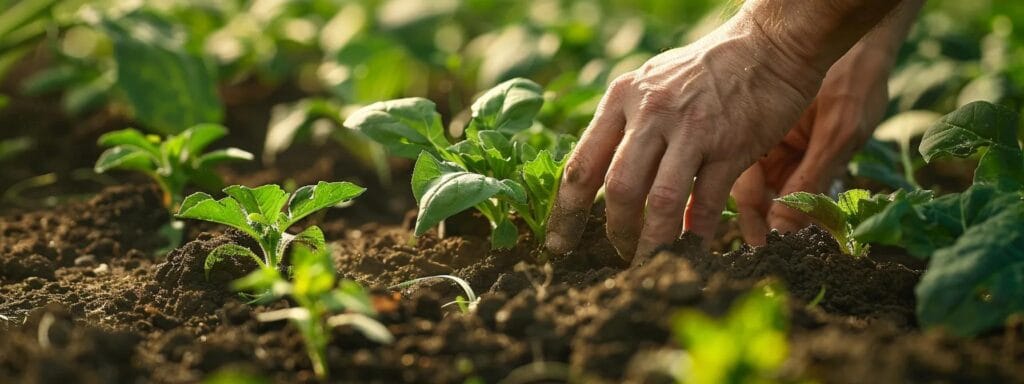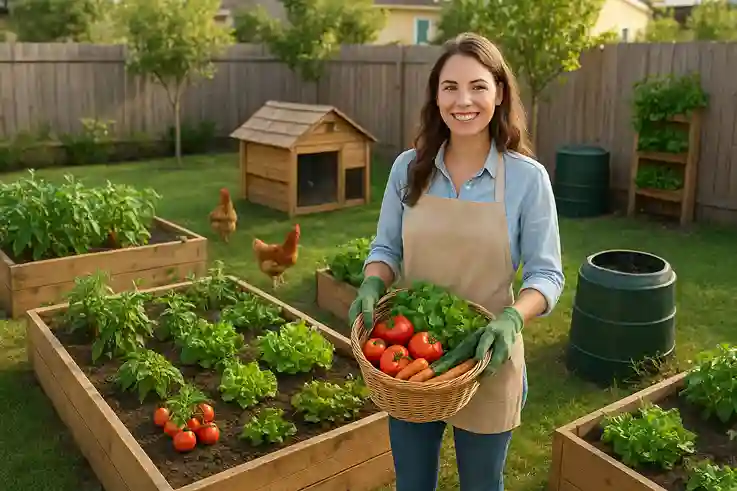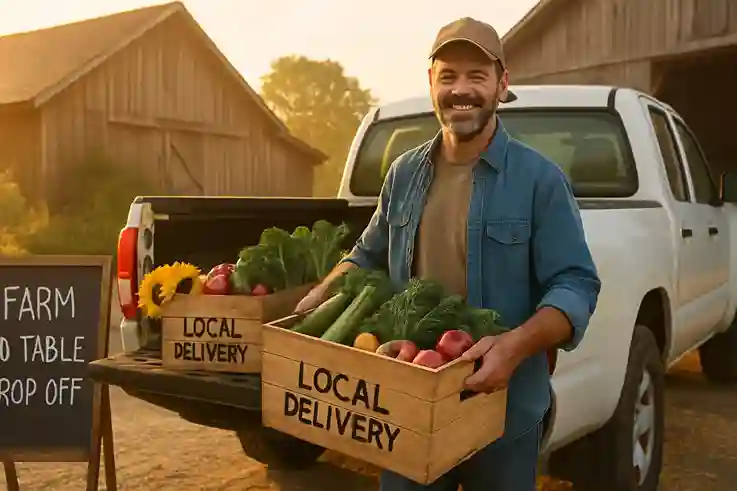Organic Farming Secrets That Save You More Than Money
Organic farming is gaining ground fast—and for good reason. Whether you’re a health-conscious consumer, a backyard grower, or a small-scale farmer, organic farming has benefits that go far beyond what you see at the grocery store. It’s not just about pesticide-free produce—it’s a movement toward healthier soil, cleaner water, and more sustainable communities.
Why Organic Farming Matters More Than Ever
In recent years, this natural growing method has become more than just a trend. It’s a smart response to rising health and environmental concerns. Many people worry about chemicals in their food and soil. By avoiding synthetic inputs and focusing on natural practices, this approach supports cleaner water, richer soil, and safer food. Instead of fighting nature, it works with it—and the results speak for themselves.
This approach leads to better soil health, stronger crops, and greater biodiversity. And while some argue that organic farming is expensive, many farmers and families find it pays off in the long run. Lower input costs, healthier harvests, and increased demand for organic goods make it a smart long-term investment.
Real-World Benefits of Organic Farming
Here are a few surprising ways organic farming saves more than money:
- Improved soil life: Natural composting and crop rotation keep soil rich and productive.
- Healthier food: Many studies link organic produce to higher nutrient levels and fewer toxins.
- Lower water usage: Healthy soil retains moisture better, reducing the need for irrigation.
- Community impact: Local organic farming supports small farmers and reduces carbon footprints.
Even for home gardeners, small changes like using organic compost or companion planting can bring big rewards.
Starting Your Organic Journey
You don’t need a full-size farm to start growing naturally. A few raised beds or pots on your patio are a great place to begin. Use organic seeds, avoid chemical fertilizers, and nourish your soil with compost or natural mulch.
Learning as you go is part of the process. Follow local farmers, take workshops, or join a CSA to get inspired and stay connected.
Is Organic Farming Worth It?
The short answer? Yes, it’s worth it. At first, natural growing methods might seem expensive. But the benefits over time are clear. You protect your health by reducing exposure to harmful chemicals. You also help reduce pollution in the air and water. Crops grown this way tend to be stronger and more resilient to pests and weather. That means less loss and more reliable harvests. Many people are making the switch—and sticking with these practices because they see the real difference in their food, their wallet, and the environment.
Final Thoughts
Organic farming isn’t just a growing method—it’s a lifestyle choice. It supports the planet, protects your family’s health, and even strengthens your local economy. Whether you’re farming a backyard or an acre, the principles of organic farming can change the way you grow—and live—for the better.
“Growing food with nature, not against it, is the true path to a healthier planet and healthier people.”

Amina Pierce is a tech-savvy blogger with a specialty in electronics, where she shares practical insights on gadgets, innovations, and the latest trends shaping our digital world. With a strong interest in how technology impacts everyday life, she breaks down complex topics into clear, easy-to-understand articles for readers of all backgrounds. While electronics is her main focus, Amina also enjoys writing on a variety of other subjects, including lifestyle, travel, and personal growth, making her content both diverse and engaging.
Outside of blogging, Amina loves tinkering with new devices, exploring smart home solutions, and capturing her experiences through travel photography. Her blend of technical knowledge and approachable style makes her a trusted source of information and inspiration.


